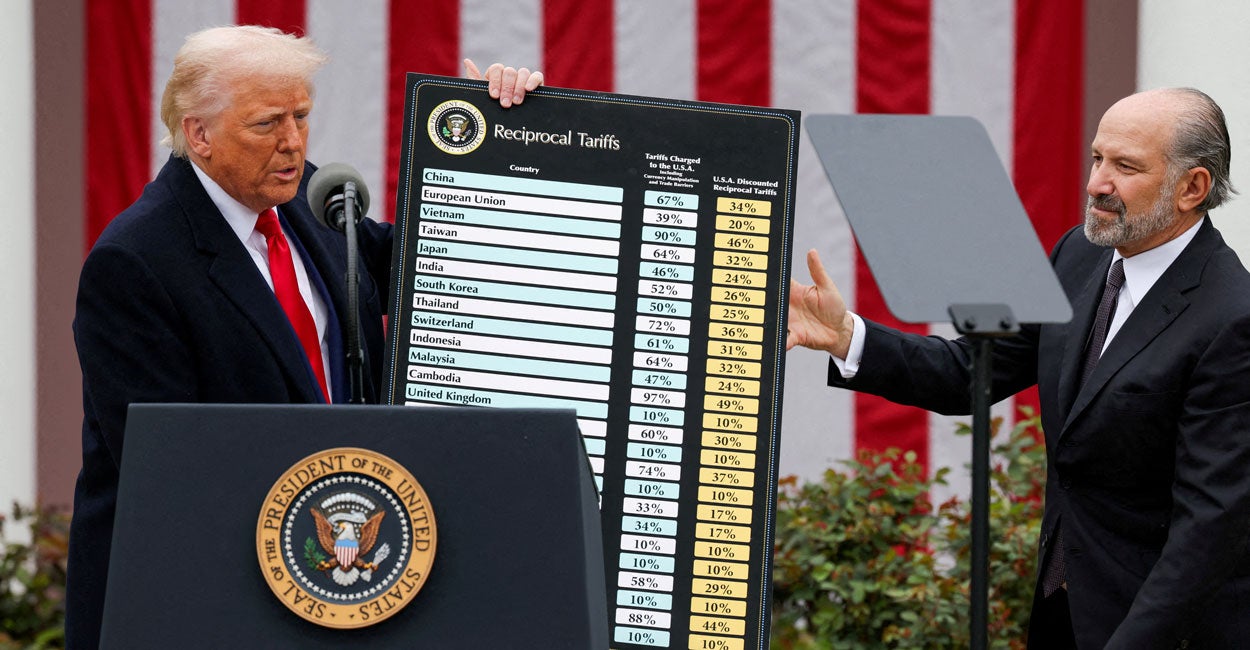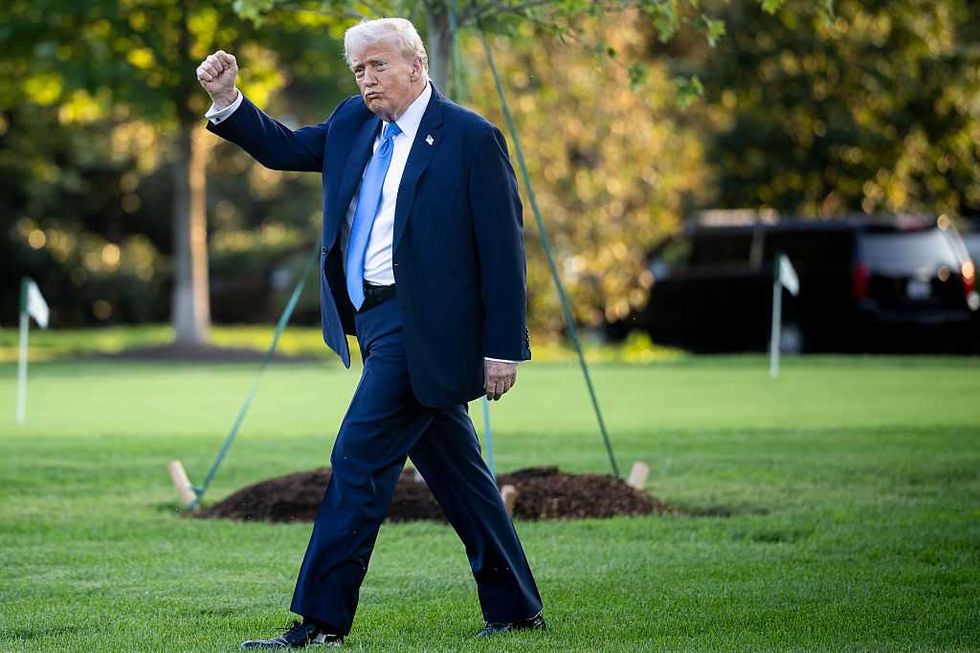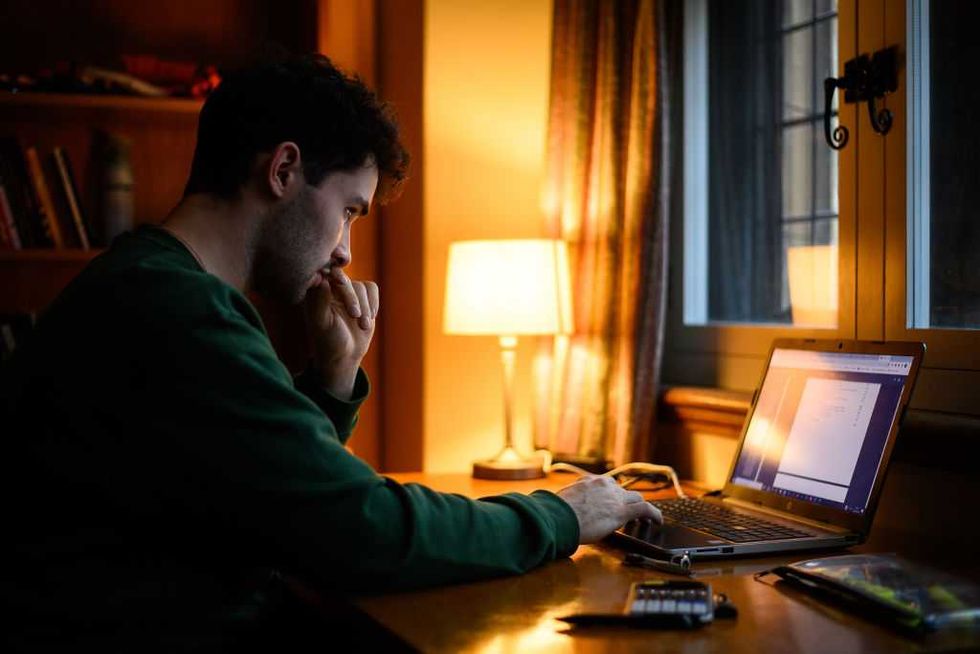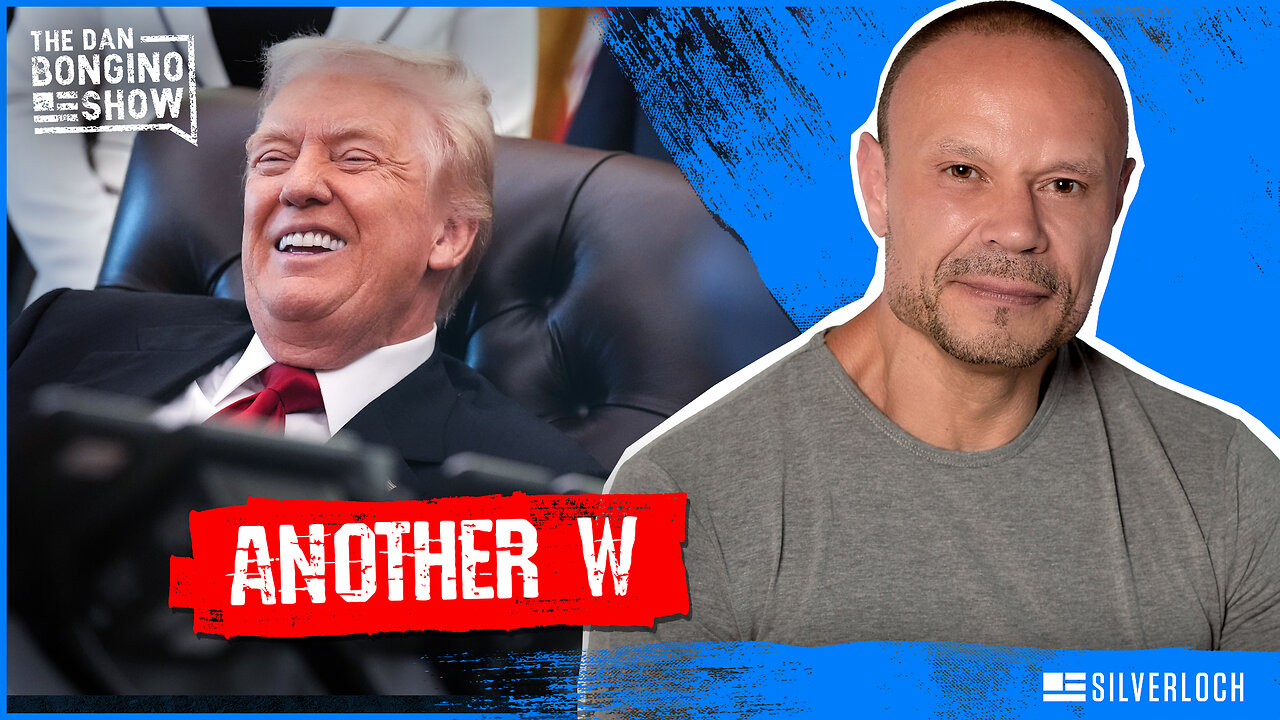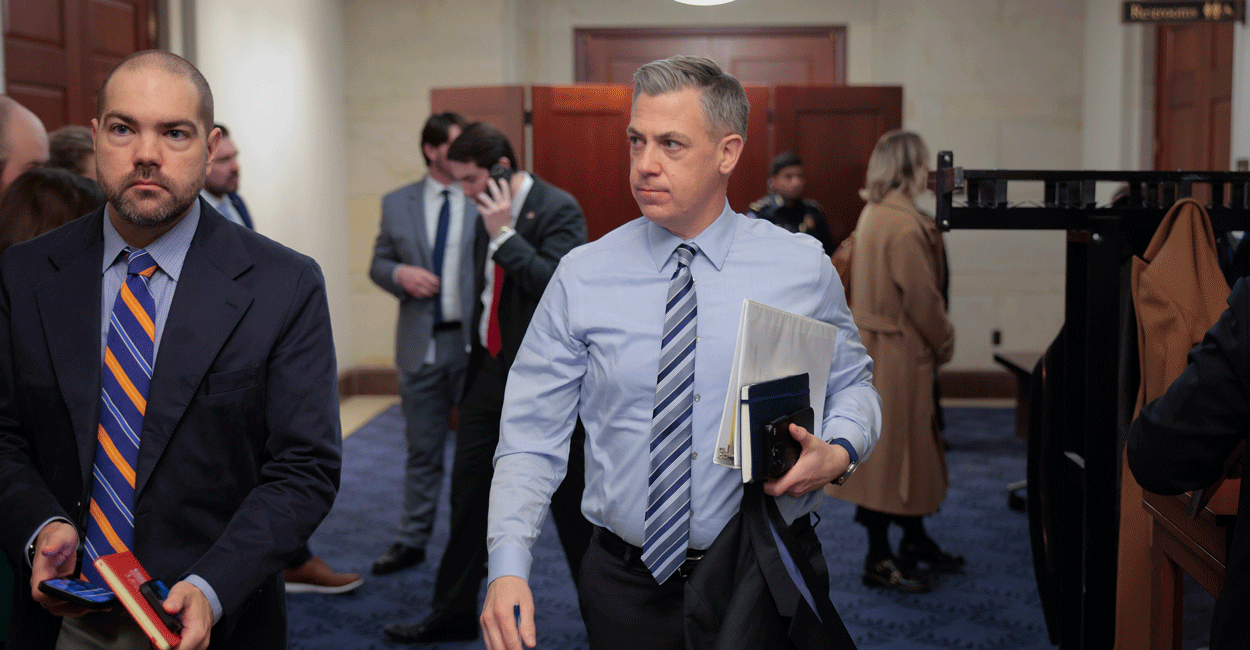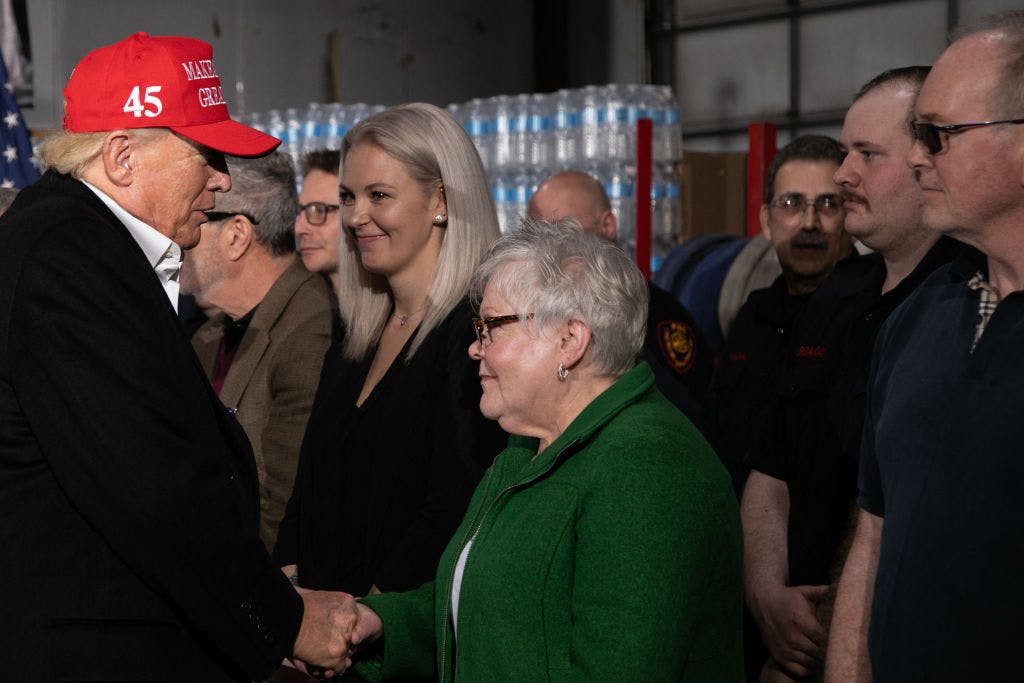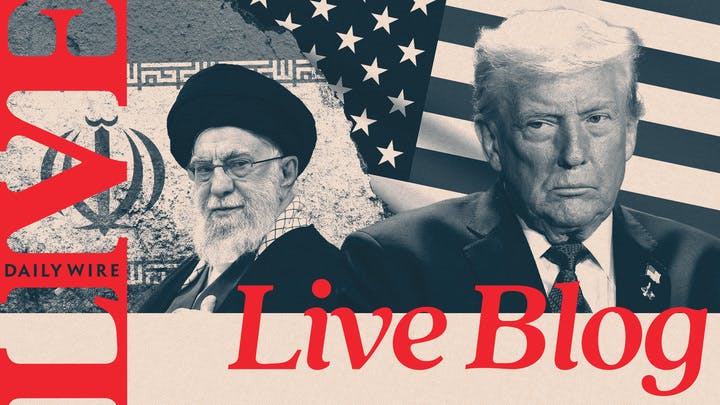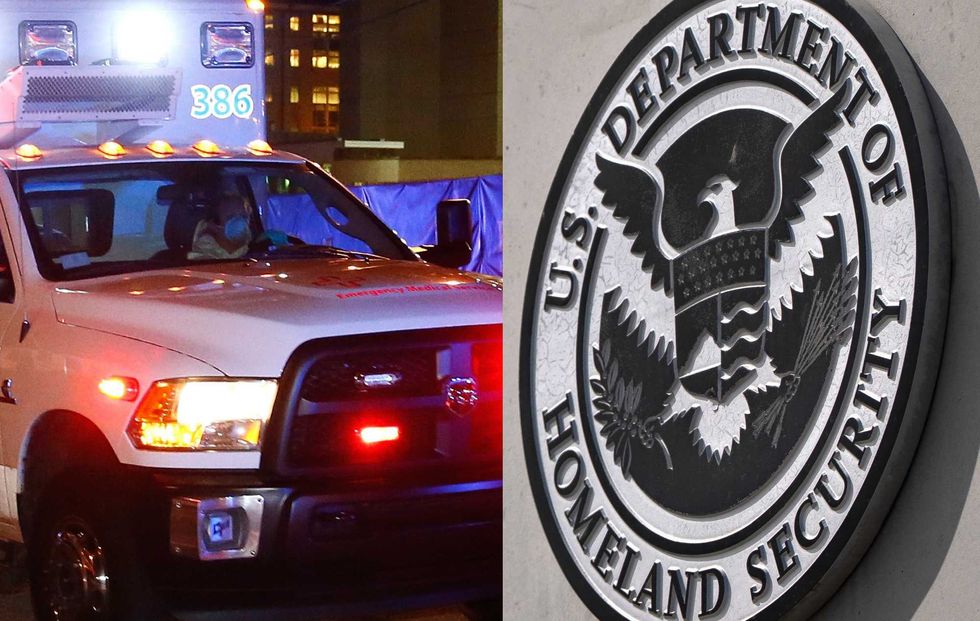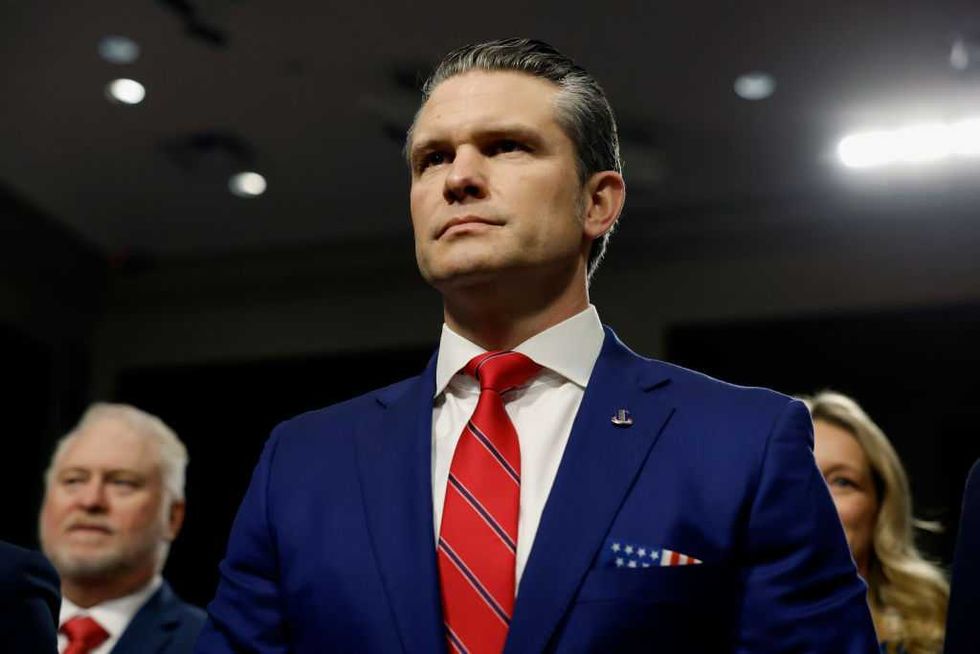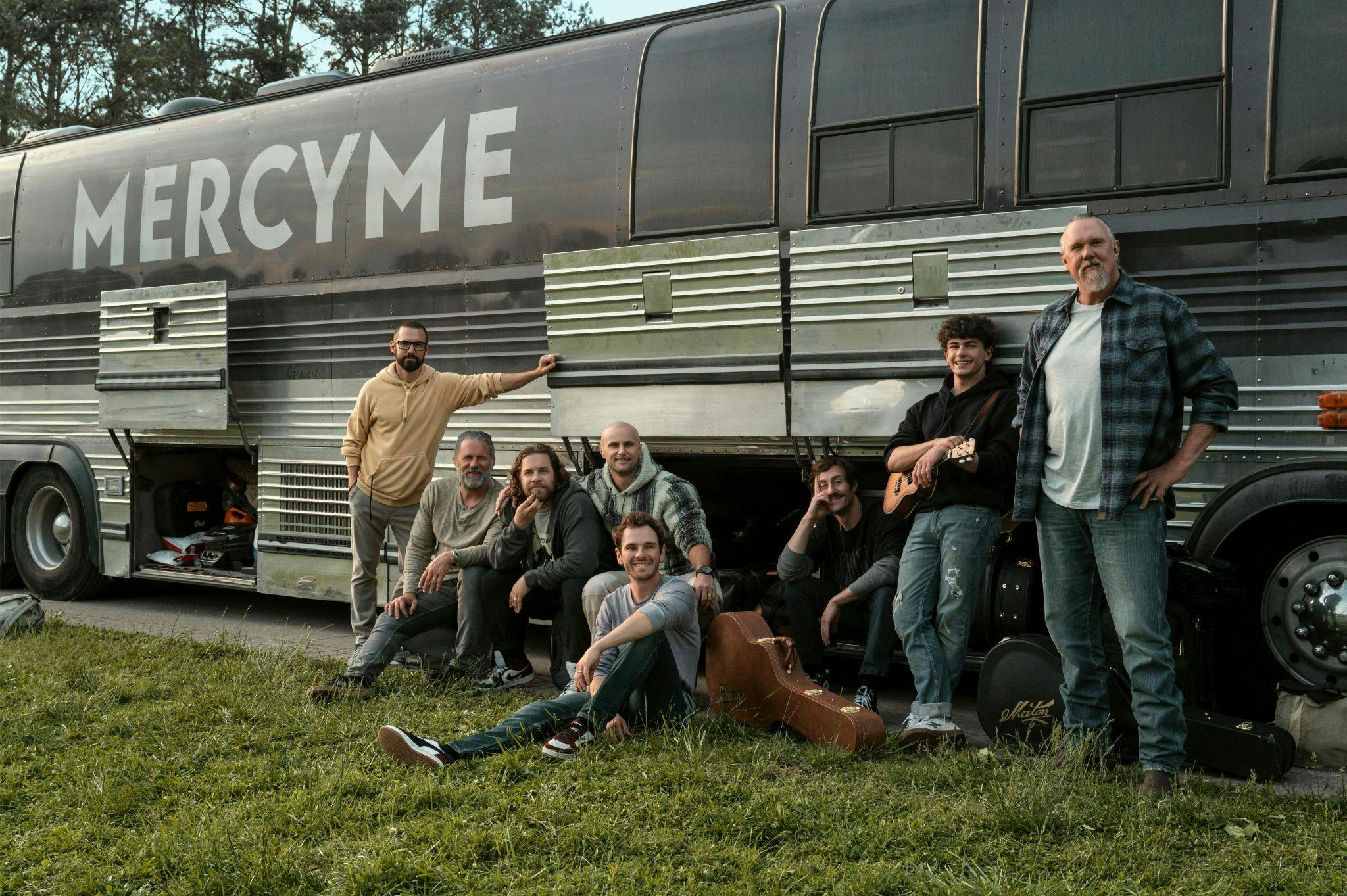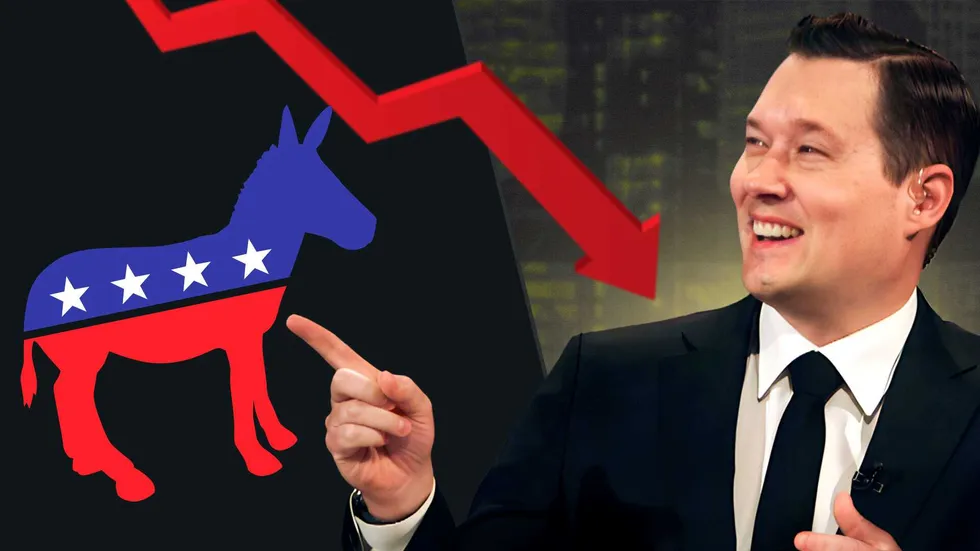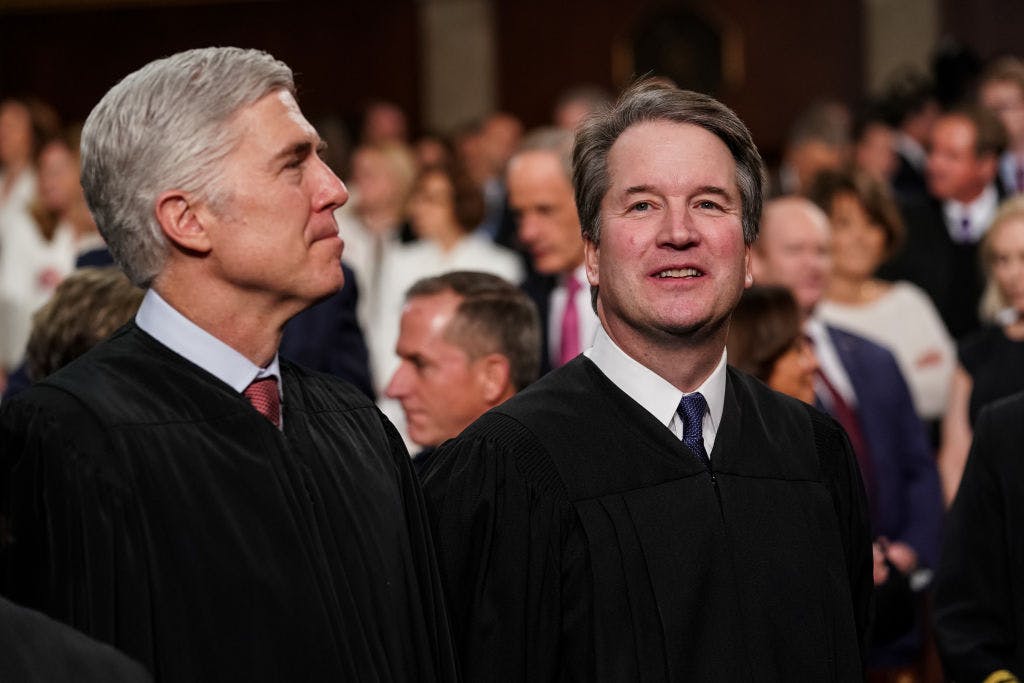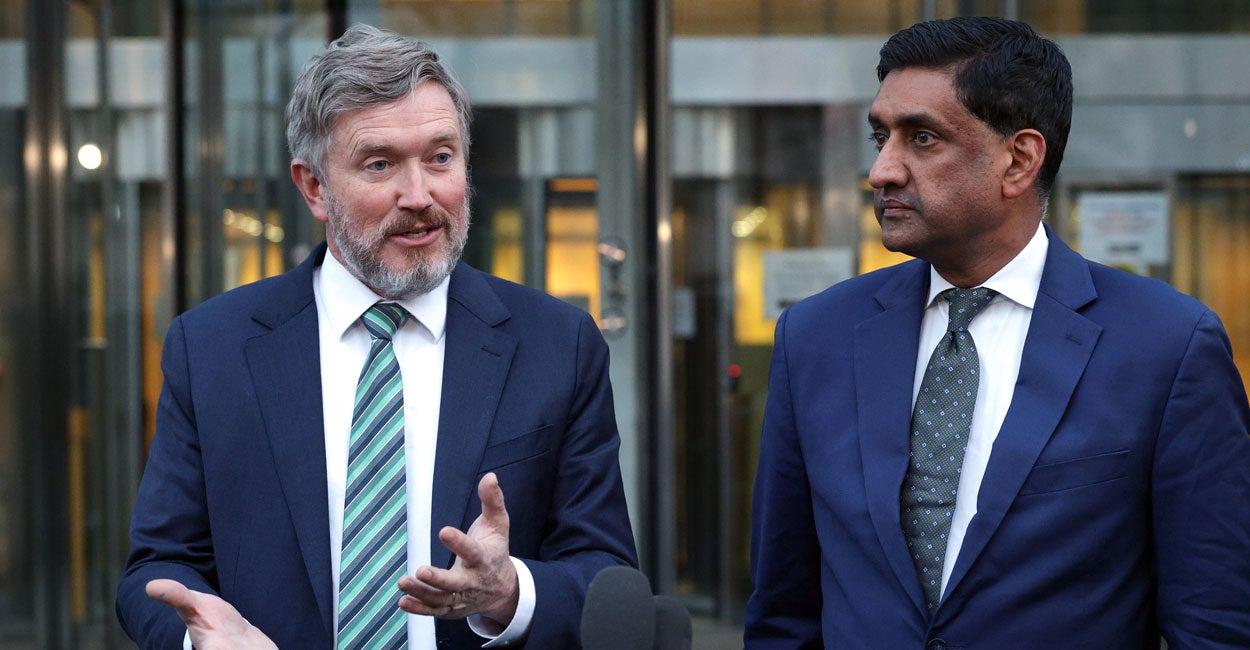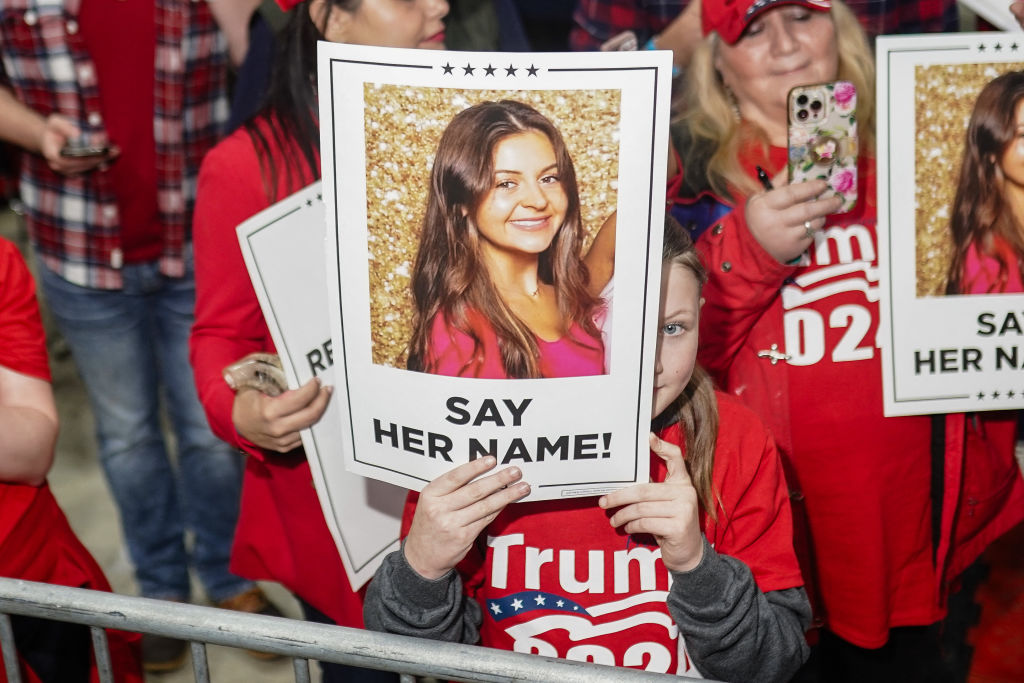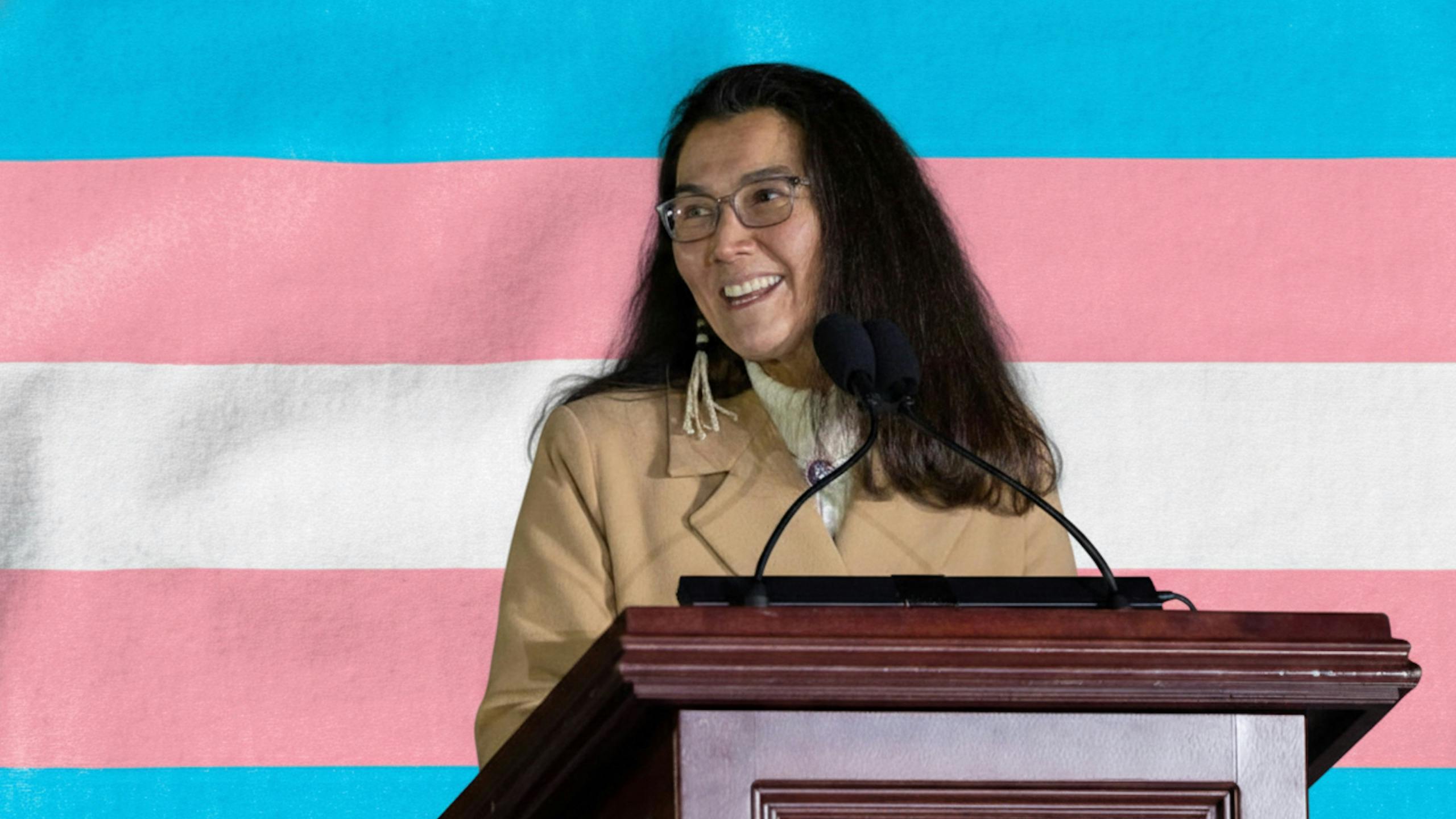When the Feds Should Go Marching In
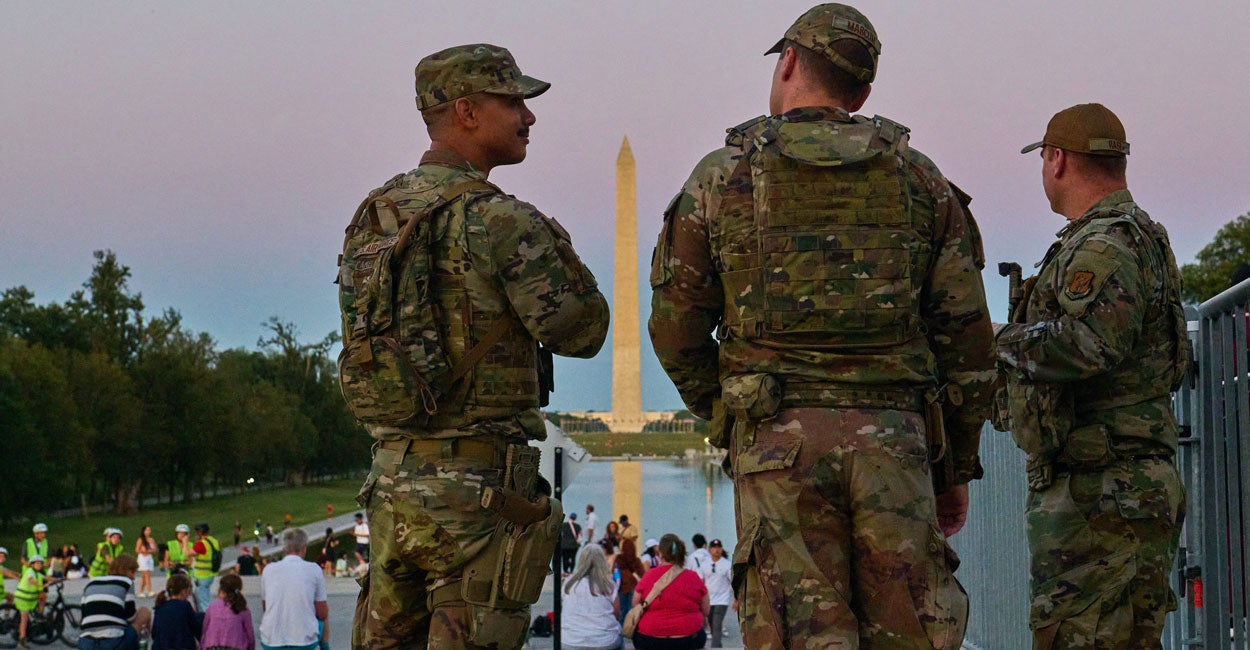
The first responsibility of any government is to keep its people safe. Yet in too many American cities that promise is going unfulfilled. Chicago sees dozens of shootings every weekend. New York struggles with organized retail theft and rising violent crime. Los Angeles continues to battle gangs that recruit faster than police can arrest. Washington, D.C., itself has seen homicides spike to levels not witnessed in decades.
Live Your Best Retirement
Fun • Funds • Fitness • Freedom
These are not isolated problems. They are symptoms of a larger crisis. When crime outpaces local capacity, when violence becomes routine, and when citizens begin to lose faith in their leaders’ ability to provide safety, the federal government must step in.
This is no reflection on the dedication or professionalism of local law enforcement. Officers are doing their best under extraordinary strain. Most major city police departments are woefully understaffed. The deeper problem lies with policies and agendas imposed by local, state, and county officials—policies that tie the hands of those sworn to protect the public and embolden criminals to act without fear of consequences.
Federal intervention has worked before. In the 1960s and ’70s, when organized crime dominated industries, the FBI and federal prosecutors dismantled the Mafia’s grip. After 9/11, federal task forces surged into cities across the country, preventing further terrorist attacks. More recently, multiagency operations have taken down gangs and trafficking networks that no single police department could confront alone.
And there is strong evidence showing that the Federal crackdown on crime in our nation’s capital is working. D.C., which has one of the highest murder rates among major cities, has now gone 13 straight days without a homicide. The last recorded murder occurred on Aug. 13. As of Tuesday, 630 people have been arrested and 86 illegal guns have been confiscated since President Donald Trump federalized the District of Columbia police on Aug. 11. And the D.C. Police Union, an avid supporter of the surge in additional crime-fighting assets, reported earlier this week that overall violent crime in the city is down 25%, with carjackings down 83%, robberies down 46% and assaults with a deadly weapon down 13%.
Our nation’s recent crime wave also exposes another hard truth: Many offenses are committed by juveniles—children not yet old enough to drive but old enough to carry a gun, rob a store, or assault a stranger. That should trouble us all. Real solutions require asking hard questions, not just about the problem, but about how to solve it.
Just recently, Gloucester Township, New Jersey, passed the Minors and Parents Responsibility Law, which holds parents accountable for their children’s unlawful actions. Some may find this controversial, but it underscores a basic point: Parents must actively shape their children’s choices.
Meanwhile, some political leaders are pursuing the opposite approach. In New York City, the leading mayoral candidate has built his campaign around defunding the police and removing law enforcement altogether. If that agenda succeeds, the federal government will have no choice but to step in and take over basic policing. When local officials abdicate their duty, the feds must fill the void.
The void is already evident. In Chicago, entire neighborhoods live under the expectation that every weekend brings gunfire, injury and death. Police often know the street corners, the blocks, the times of day, and even potential suspects. Yet week after week, the cycle repeats. In my view, this is one of the biggest civil rights violations in our country’s history—millions living with predictable, preventable violence because leaders refuse to act.
Critics call federal involvement “heavy-handed.” But what is truly heavy-handed is letting children grow up in neighborhoods where murder is routine, letting shop owners lose everything to theft and violence, and allowing government to shirk its most basic duty: protecting its citizens.
Federal law enforcement does not replace its local policing colleagues, it strengthens them. It brings additional intelligence, manpower, and expertise. Whether it is the FBI tracking fugitives, the Bureau of Alcohol, Tobacco, Firearms and Explosives targeting gun traffickers, or the Department of Homeland Security dismantling cartel networks, federal support makes communities safer.
When local officials fail, citizens will eventually demand federal help. If the feds can demonstrate results in the nation’s capital, communities across America—tired of broken promises and endless violence—will soon be vying for the same support.
This is not about politics. It is about safety. Until every American can walk their streets without fear, there is no higher calling for federal law enforcement than to march in and stand alongside their local counterparts.
Because a nation that cannot keep its people safe is a nation at risk—not just from foreign enemies, but from neglect at home.
We publish a variety of perspectives. Nothing written here is to be construed as representing the views of The Daily Signal.
The post When the Feds Should Go Marching In appeared first on The Daily Signal.
Originally Published at Daily Wire, Daily Signal, or The Blaze
What's Your Reaction?
 Like
0
Like
0
 Dislike
0
Dislike
0
 Love
0
Love
0
 Funny
0
Funny
0
 Angry
0
Angry
0
 Sad
0
Sad
0
 Wow
0
Wow
0


